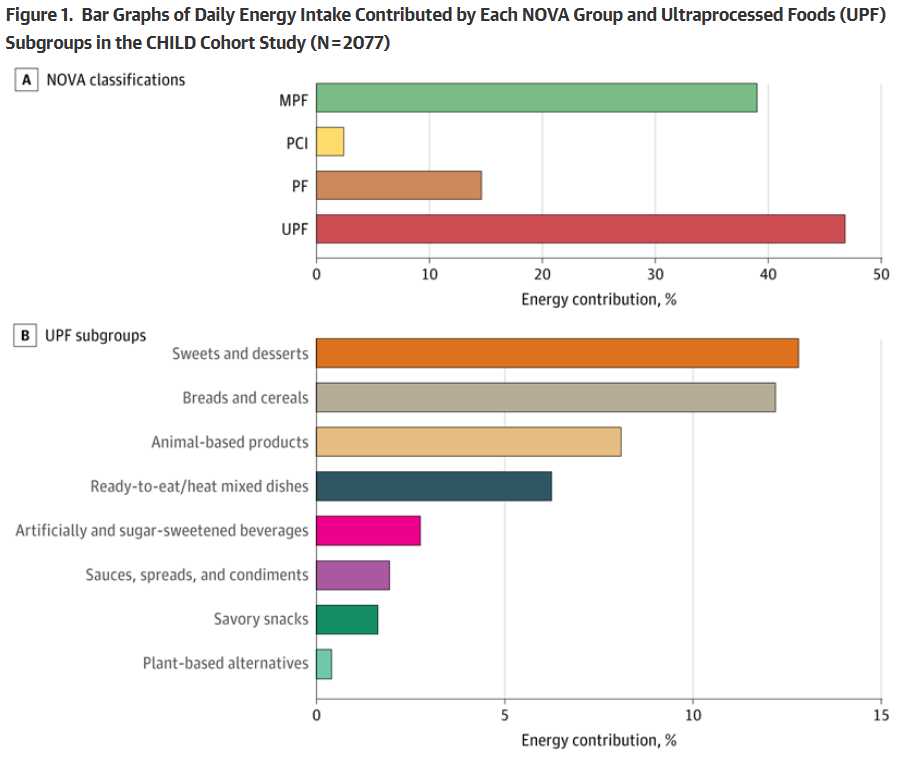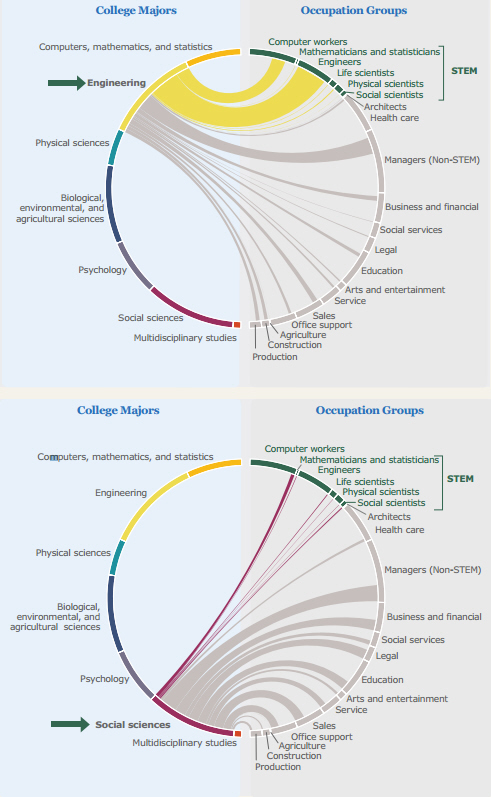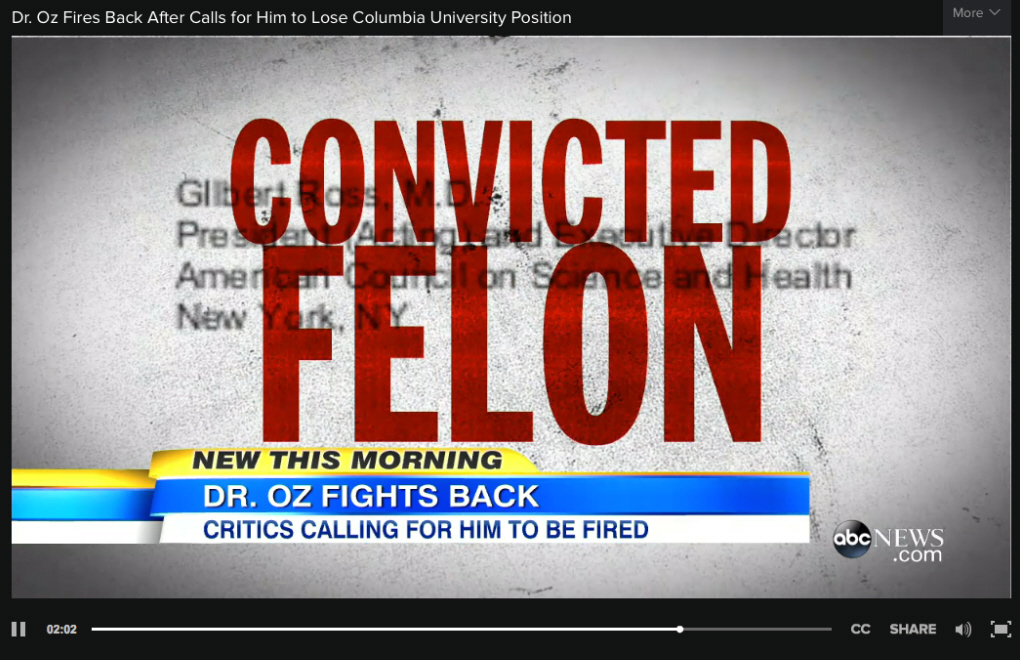 Canadian Epidemiologists Claim Processed Foods Cause Bad Kids
Canadian Epidemiologists Claim Processed Foods Cause Bad KidsA cohort analysis of preschoolers in Canada has led the authors of the paper to call for bans...
 What AI Can't Do: Humanity’s Last Exam
What AI Can't Do: Humanity’s Last ExamBy this time 26 years ago, the "Dot-Com Bubble" was ready to burst. People who wanted to raise...
 Does NBA Income Inequality Impact Team Performance?
Does NBA Income Inequality Impact Team Performance?A new paper says that players where a few superstars get the money leads to less cooperation and...
 Dogs And Coffee: Finally, Epidemiology You Can Trust
Dogs And Coffee: Finally, Epidemiology You Can TrustIn 2026, it is easy to feel intellectually knocked around by all of the health claims you read...











